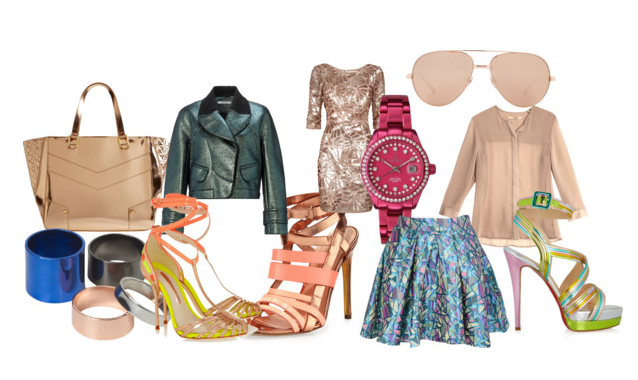Stay Skin Safe: What to Avoid in Skin Care & Cosmetics
March 4, 2013
Buying skin care and make up is confusing enough what with the vast amount of choices between brand names and generic options. And now there’s controversy surrounding skin care products and their ingredients, making it challenging for us to know just what is safe and what is not.
Labels tend to make it even more confusing and overwhelming when we aren’t sure what we’re looking for. Sometimes we are tempted by the lure of labels reading “younger skin in 30 days”. But knowing the safer choices is something we can control. While some skin experts say that if you are applying a product to less than 10% of your body, the systemic risks of chemical ingredients will be extremely low, others only recommend natural or organic skin care saying chemicals can make a difference in your health both now and in the future. And still other experts in skin care have no problems at all with using the newer science-based chemicals and preservatives.
If you are on the path of a more natural, healthy way of living, then you probably already buy organic foods at least part of the time when you shop. You may have turned to green cleaners and eliminated using things like chemical weed killers. So it’s only natural to make sure that the lotions and make up you put on your skin, and your children’s bodies, are safe.
There are some chemicals in current skin care products that are considered dangerous, and others that are listed as unsafe. Knowing what’s in your skin care and making informed decisions about what you purchase is your right. The first thing is to look for a short list of ingredients you can pronounce. Safe items include:
- Essential oils
- Plant derivatives
- Hyaluronic acid
- Collagen
- Aloe
- Vitamin C
- Co Enzyme Q
- Glycerin
- Tocopherol
Next you’ll look to make sure there are none of the ingredients you should avoid, like:
- Parabans – linked to hormone imbalance and may disrupt the endocrine system. There are varying levels of controversy around these preservatives.
- Synthetic fragrances – many of which contain chemicals harmful to health and certainly aren’t good for people with allergies.
- Phthalates – reported to have toxic impact plus a growing number of studies are showing it to possibly be linked with male reproductive disorders.
- Mineral oils – can block skin and strip natural oils
- EDTA– which doesn’t readily biodegade
- Propylene glycol, acrylates, and carbomer – derived from petroleum
- DEA – associated with known carcinogens
- BHA and BHT – linked to breathing and lung impairment
- Animal testing – cruel and not necessary
- Oxybenzone – a sunscreen linked to irritation, and allergies as well as possible hormone disruption.
- Ceteareth – contains impurities linked to cancer
- Nano particles – not enough is known about long-term effects and research is inconclusive if it’s absorbed into the body
- GM (genetically modified) ingredients – not enough known about long-term implications
If you’re still not sure about reading the labels – you can start off by looking for skin care from a reputable company that clearly states the ingredients on their labels and has several ingredients listed that they do not use. With more companies turning to natural and organic skin care options, we have more choices than ever. Until the answers are completely clear on what is safe and what is not, and the industry has more regulation over labeling skin care in the U.S, make the best choices that feel good for you and your family. Read our article on toxic chemicals in your home to learn more about the hazards we face every day.





